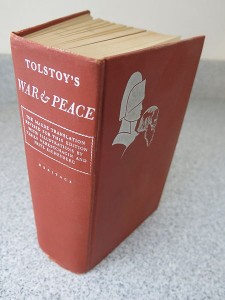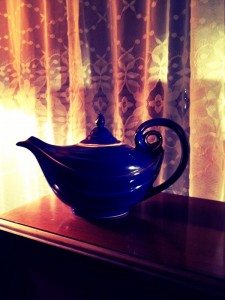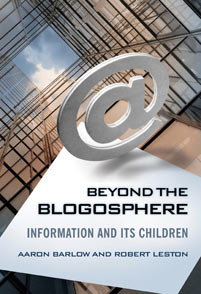I am sitting in a virtual book orchard listening to relaxing music as I write this.

CVL Write-In August 2018
Finding the right setting and time for writing is not easy in a world of constant distraction. A virtual world “Write-In” provided focus with the encouragement of others around me. Yet another example of the potential for virtual worlds. The Community Virtual Library offers programs such as write-ins, poetry events, research exhibits and everything a physical world library might provide.
Advantages of using an avatar
No cost
No travel
Sense of presence with community
Creative tools
Access to helpful resources
Unique experiences
With rising costs of travel to conferences, virtual worlds provide a cost effective way to network and present information in any field. The Virtual World MOOC 2018 brought learners and educators from around the world into Second Life and a networking forum at the Community Virtual Library sparked conversation on the future of education, libraries and learning in digital culture.

Community Virtual Library Networking Forum August 2018
Yet, after years of gathering evidence about the potential for learning in virtual worlds, all I hear about day after day is AR and VR (augmented reality and virtual reality). In fact, Hypergrid Business announced “winding down” coverage of virtual world grids as virtual reality hype continues to rise. Will the Metaverse ever become an interconnected landscape that can actually be navigated? Or are we heading to an uncharted sea of information chaos in mixed reality forms?

Oculus Go Headset- example of VR tools
While VR developers race to create experiences (which may be dangerous to young minds- who knows?), virtual worlds continue to provide a range of uses for all age groups.
Accepting the fact that entertainment is the big money focus- not education- it is not surprising the current TOP DOG video game is Fortnight. Yet, it is more than a video game, Fortnight is a virtual world. Virtual worlds are certainly a part of virtual reality and immersive environments.
So- in a nutshell- virtual worlds are here and they will survive. But they are mainly used for battles and zombie-slaying! I certainly do not blame teachers for a lack of interest in virtual worlds. Having spent 25 plus years in education, I understand curriculum mandates, testing procedures, parent conferences, and never-ending paperwork. Learning and embracing virtual worlds has to be done outside the classroom on your own time. Yes- your “own time”! But you are not alone! Educators and learners around the globe face the same issues of understanding and utilizing new media and new technology tools. We will learn the best practices and we will survive. Virtual worlds will survive.





